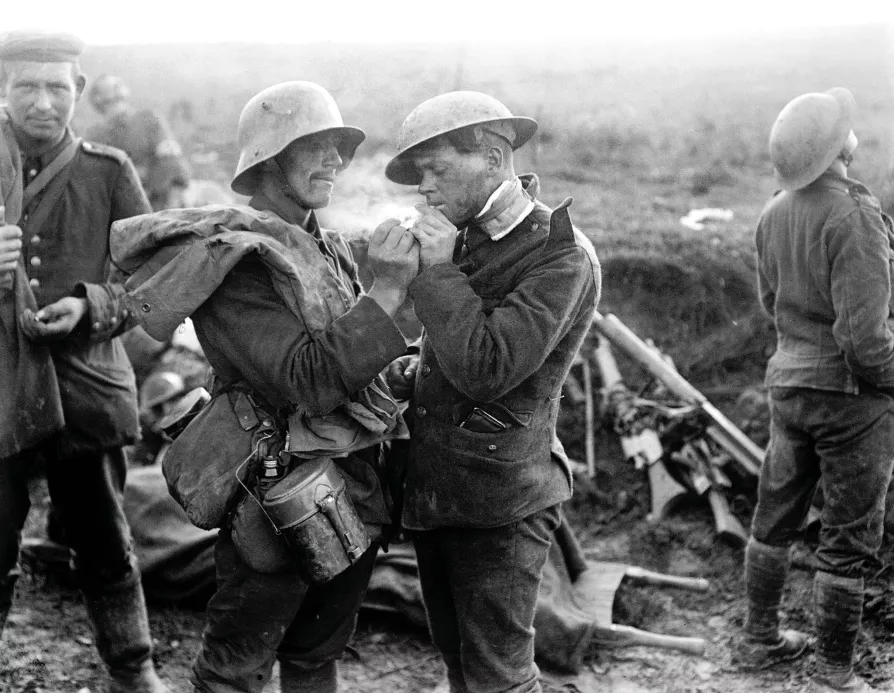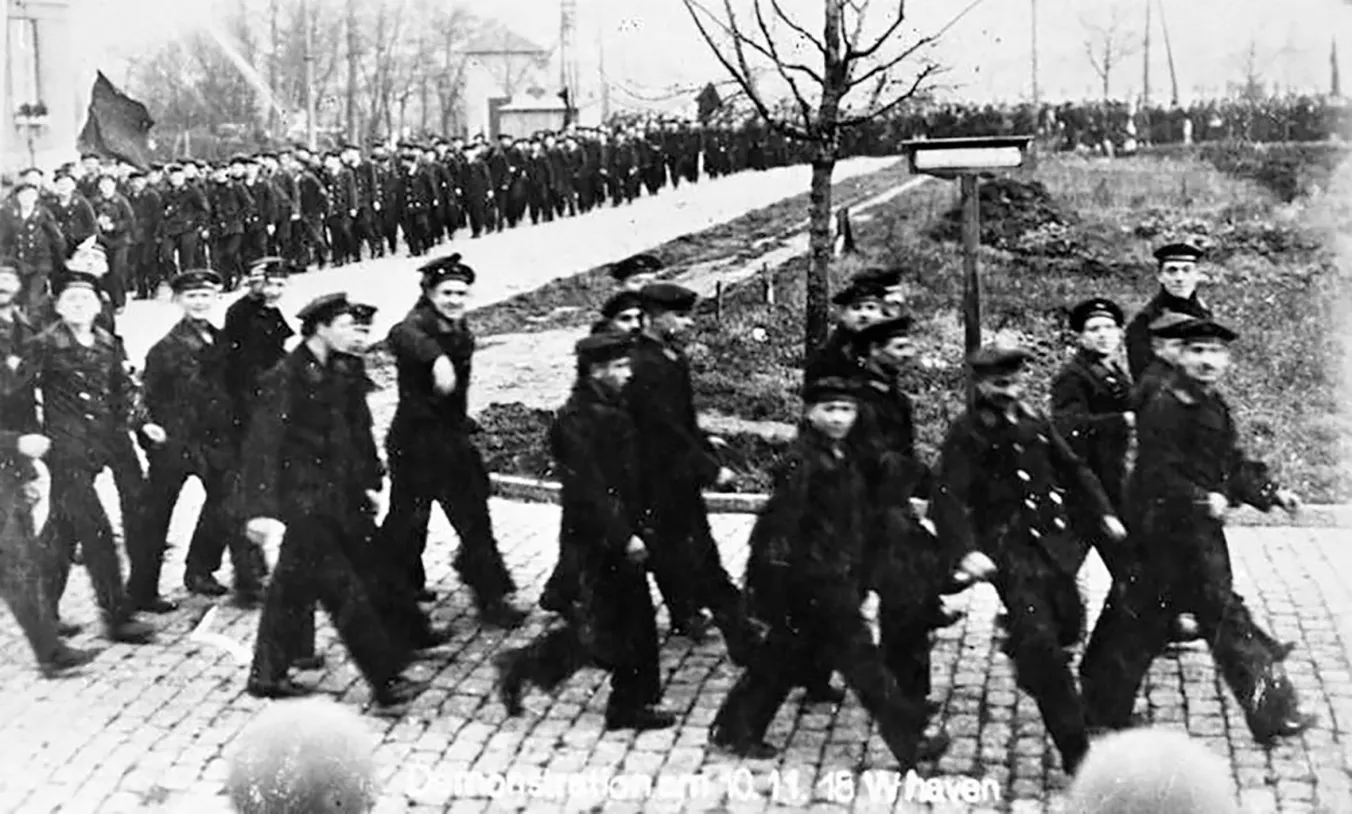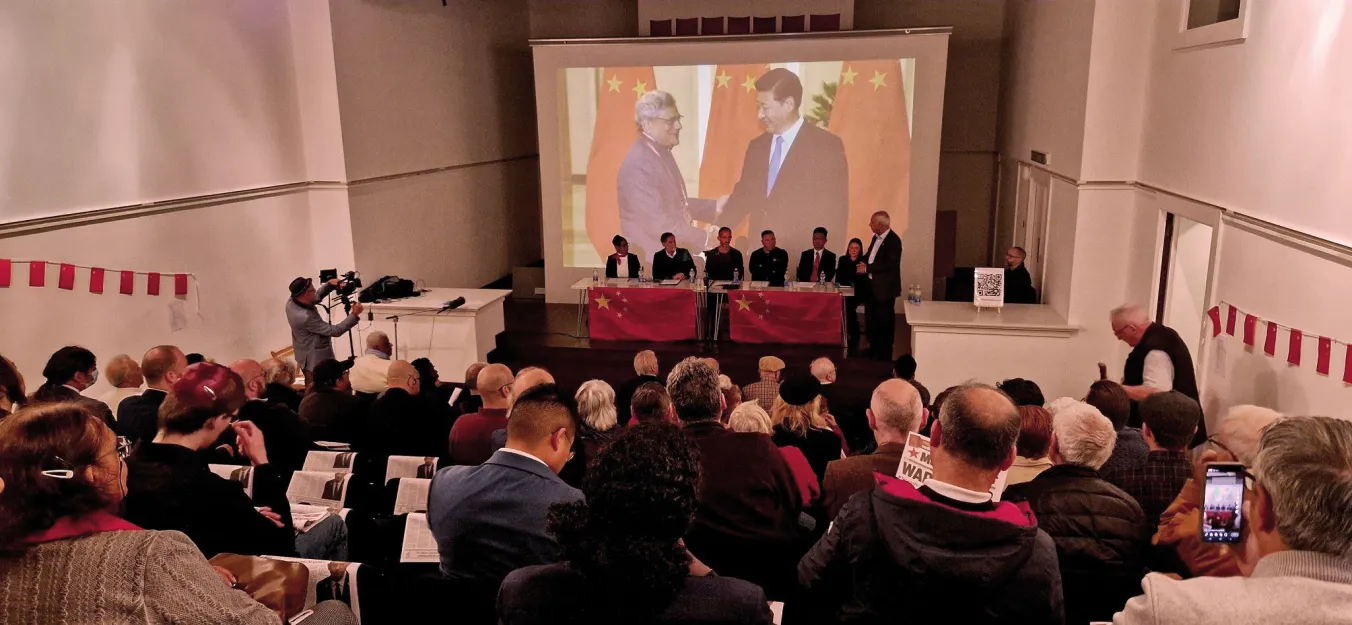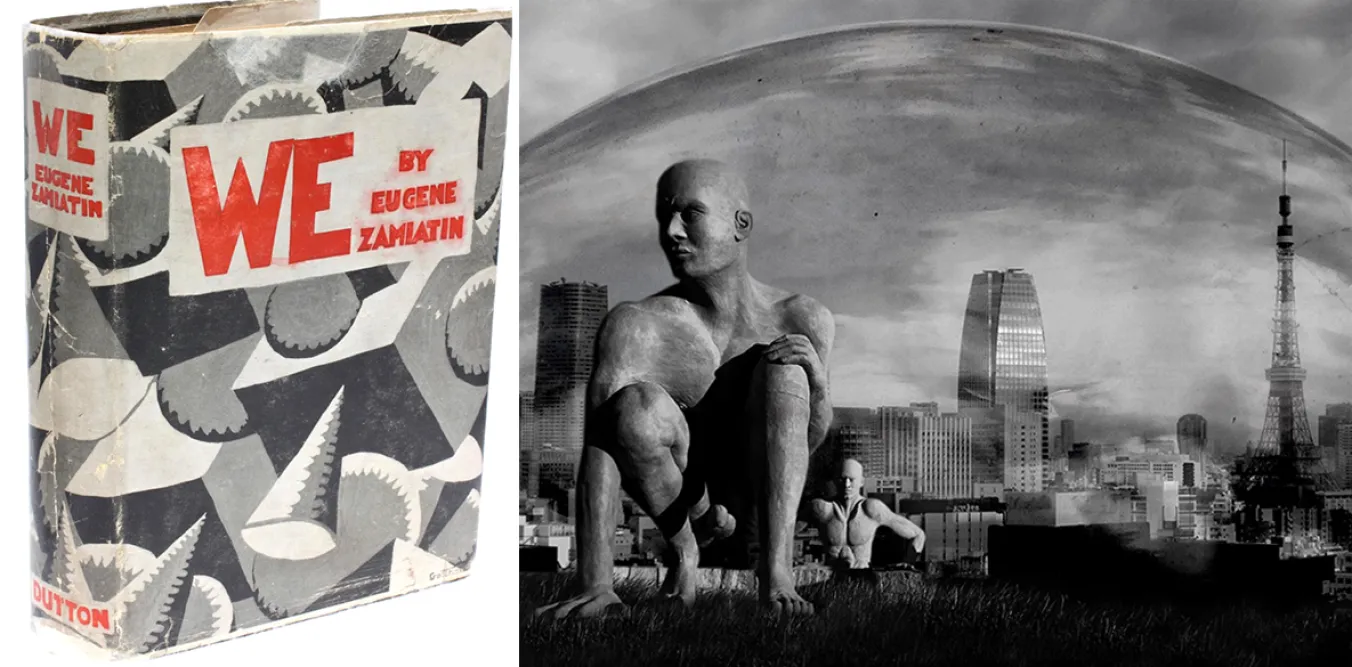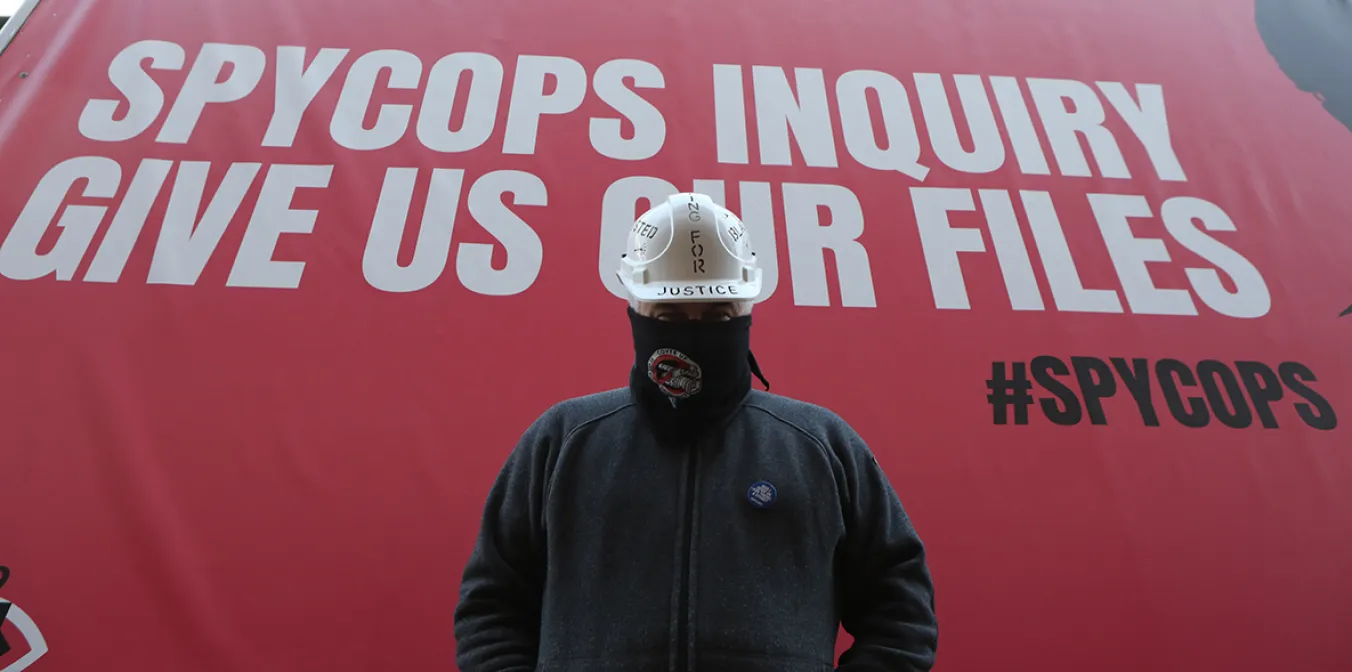
THE ongoing Undercover Policing inquiry has exposed some of the “spycops” infiltrations of the left and the labour movement, not least the hideous state-sanctioned rape of women activists.
But although the inquiry’s remit only covers spying since 1968, the British state has actually been engaged in wholesale espionage against the left for well over 100 years.
As I discovered while researching my book Raising the Red Flag: Marxism, Labourism, and the Roots of British Communism, 1884–1921, in the first world war the tentacles of the state tried to strangle the anti-war movement and decapitate the most militant sections of the working class.
The most notorious example took place in March 1917 when anti-war activist and revolutionary socialist Alice Wheeldon and her family were framed on trumped-up conspiracy charges. The Wheeldons provided practical assistance to conscientious objectors during WWI, which put them in the crosshairs of the security services.
Spy and agent provocateur William Rickard befriended Wheeldon and her family and fabricated accusations that she was plotting to assassinate Lloyd George and Arthur Henderson with poison darts. The case was so important to the government that the Attorney-General, the notorious right-wing Tory FE Smith, led the prosecution. A few weeks later Smith would send Irish nationalist Sir Roger Casement to the gallows for treason.
Despite the absurdity of the charges, Wheeldon was sentenced to 10 years penal servitude, while her son-in-law got seven years and her youngest daughter five. The prosecution was assisted when Suffragette leader Emmeline Pankhurst testified in court against the family.
Wheeldon went on a hunger strike in jail and was eventually released on licence after the end of the war. But just two months after her release, weakened by her prison ordeal, she died during the 1919 influenza pandemic aged just 53.
The spy Rickard and his handler Herbert Booth had also tried to entrap socialists in Salford and Coventry. They were both employed by the Ministry of Munitions’ Labour Intelligence Division, set up by the government in February 1916.
Although it claimed to be protecting British industry from German sabotage, the Labour Intelligence Division was created to counter the wave of working-class militancy that erupted in the Welsh coalfields in 1915 and then gripped Glasgow throughout late 1915.
The first months of 1916 saw the arrests of Scottish revolutionary John Maclean, future Communist MP Willie Gallacher, future Independent Labour Party (ILP) MPs David Kirkwood and James Maxton, and numerous other shop stewards. Maclean’s newspaper, Vanguard, was banned, as was the Clyde Workers Committee paper the Worker and the Glasgow ILP’s Forward. Intelligence gathering was the first step to state repression.
As the web of government espionage grew, the job of spying on the labour movement was passed to Scotland Yard and the War Office, and the Labour Intelligence Division closed down.
The victory of the Russian revolution in October 1917 saw a huge wave of support from British workers and an equally large increase in police activity. Across Britain, individuals and organisations were persecuted for supporting the Bolsheviks. The offices of the Socialist Labour Party in Glasgow and the British Socialist Party in London were raided for printing pamphlets by Lenin and other Soviet leaders.
In March 1919, William Scott of North Shields was jailed for six months for distributing a pamphlet about the dictatorship of the proletariat. In June, the home of the translator JT Lyne was raided and manuscripts of Lenin’s articles he was translating were seized.
The following month, a Miss O’Neill of Sylvia Pankhurst’s Workers’ Socialist Federation was jailed for 11 days and Matt Kavanagh was fined £2 for “insulting behaviour” in Hyde Park. These continuous police actions against leftists established a pattern of harassment that continued throughout the 1920s.
As militancy and support for the Bolsheviks grew in 1919, Sir Basil Thomson, the assistant commissioner of Scotland Yard, was appointed the Home Office’s Director of Intelligence.
He organised a network of spies to infiltrate all levels of the labour movement. They gathered intelligence which Thomson distributed to government ministers in a top-secret fortnightly “report on revolutionary organisations in the United Kingdom.”
Just like the reports of the contemporary spycops, these combined reactionary prejudices, especially anti-semitism, and inside information about the labour movement, revolutionary organisations, and the Irish struggle for independence.
One of Thomson’s major targets was Maclean, who had been appointed the Soviet consul in Scotland in 1919 by the Bolsheviks. His fight against militarism led to him being jailed twice during the war, and the terrible conditions in which he was held seriously damaged his health and contributed to his early death in 1923.
Thomson’s agents dogged his every move, and the “reports on revolutionary organisations” are full of details of his speeches, meetings and other activities. Rumours of Maclean’s so-called “insanity” first appeared in government reports as early as 1917 and were continually reinforced by those spying on him.
